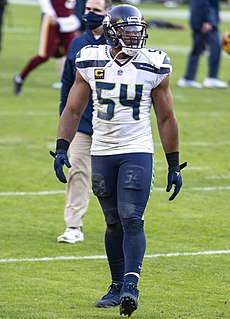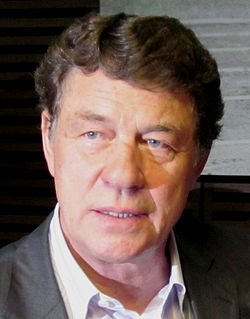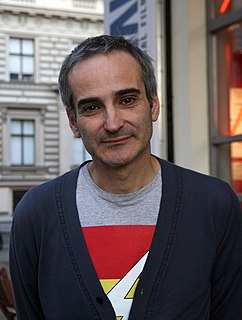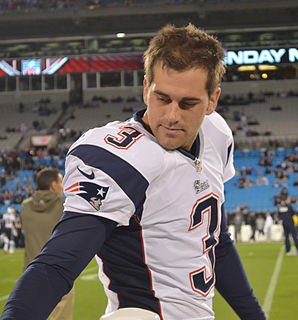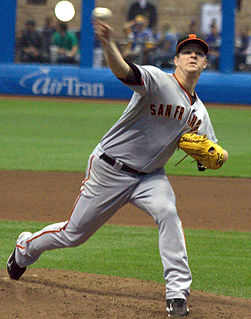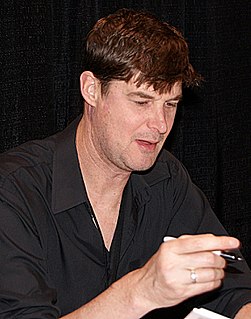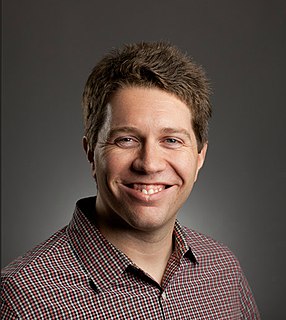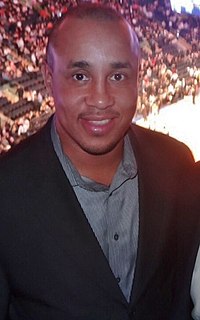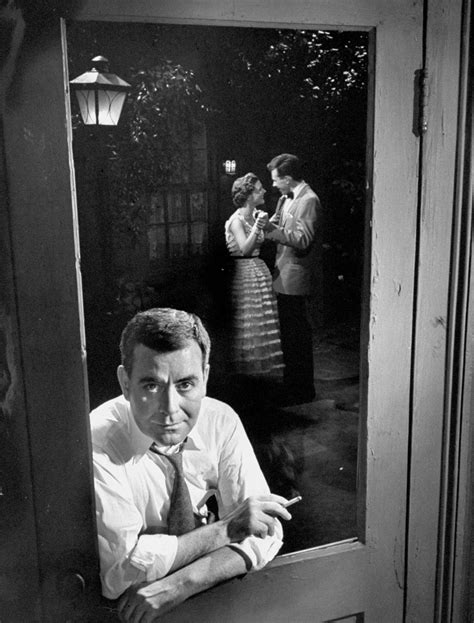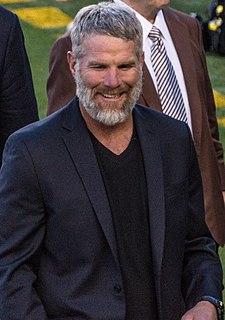A Quote by Bobby Wagner
If you lose and don't go to the big game, they always try to figure out what went wrong, what happened.
Related Quotes
When I make films I'm very intuitive; I'm instinctive. When you are shooting there's little time to think about abstract ideas, it's about getting things done, getting them right, and trying to channel the energies and get the best of whatever you have on your set. It's only once the film is finished that it's like, "Okay, let's try to figure out what happened." Try to figure out exactly what I did.
